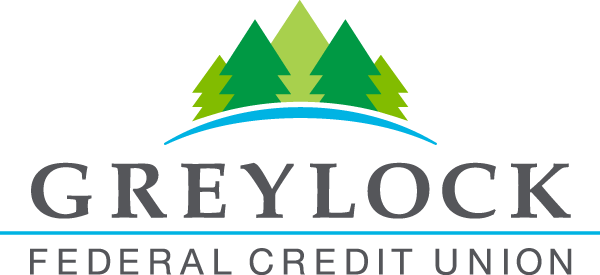Stop. Look. Think. Red flags are usually there if you know what to look for.
Scams and fraud have improved in believability, targeting people of all ages and tricking them into clicking links, providing info, and otherwise engaging with cybercriminals. As scams become increasingly sophisticated, it’s important to equip yourself with the knowledge to stay safe.
According to the National Cybersecurity Alliance, here are some of the most common red flags to watch out for:
- Scams are sent via phone, email, text, letter, and even social media messages. They often impersonate government officials.
- Message may inform you of an unexpected problem, bill, or prize.
- The message pressures you to act fast. Urgency is a major red flag!
- Details to pay or receive payment often involve exchanging information for cryptocurrency, wire transfers, providing bank account or credit card information, etc.
Here are some ways to protect yourself:
- Stay calm. Take time to think through the details, then do some research to verify.
- Never click on links or open attachments.
- Do not send money through untraceable means such as gift cards or wire transfers.
- Be skeptical if they already know some of your information.
- Hang up and don’t respond. Call the institution, such as your credit card, bank, or official office and confirm the claim.
Ways to Report the Scam to Help Others:
- Report the scam to the proper institution. For example, if the scam pretends to be Greylock, contact us. Remember we will never ask for banking info such as your PIN, digital banking password, or other personal information. DO NOT RESPOND. When in doubt, call us immediately at 413-236-4000 or toll free at 1-800-207-5555.
- Use the USA.gov scam reporting tool to find the proper agency.
- Report the scam to the FBI or other federal agencies through Internet Crime Complaint Center (IC3).
What to Do if You’ve Been Scammed:
- Stop all contact immediately.
- Notify all three credit bureaus: Equifax, Experian, and TransUnion to place fraud alerts on your credit reports. You can also freeze your credit with all three bureaus.
- Contact your bank and local law enforcement if money was stolen.
- Contact the Social Security Administration if you think your social security number was stolen.
Scams and frauds happen to the best of us. Remember to stay calm. Stop. Look. Think. Find more info here.
Small actions can make a BIG impact. Together we will secure your data, protect your money, and empower our credit union.
Follow along all month for more information about each of the 4 Core actions. For more information about our online resources on cybersecurity, fraud, and more, visit Fraud Prevention - Greylock Federal Credit Union. Visit National Cybersecurity Alliance here.



Comments